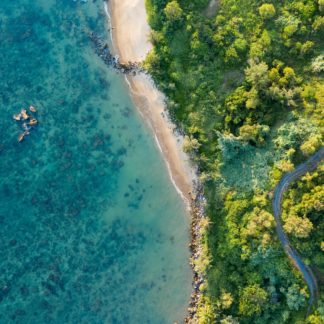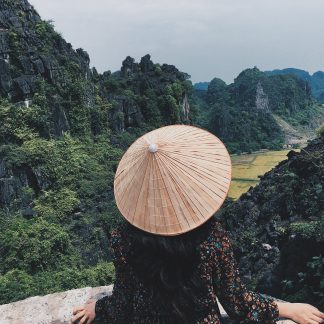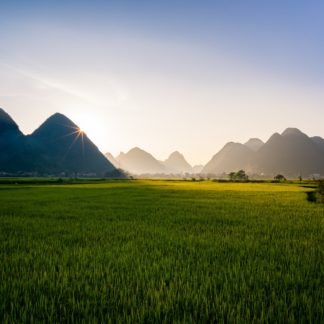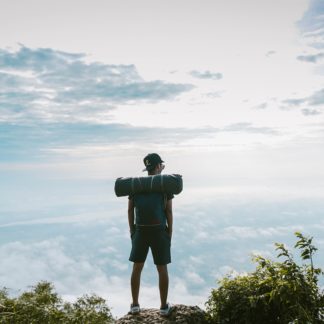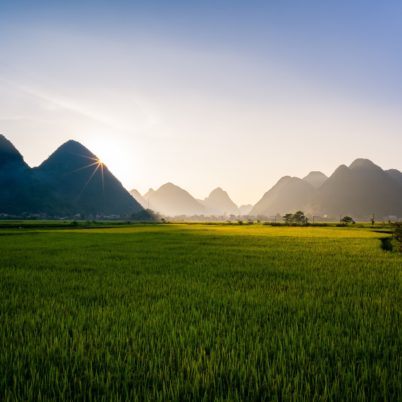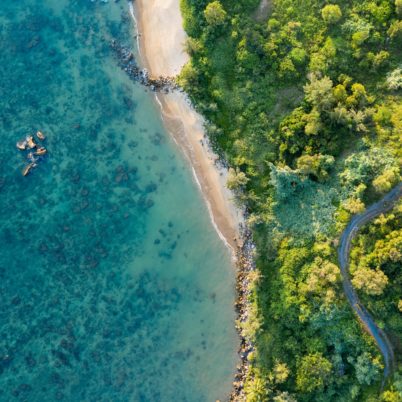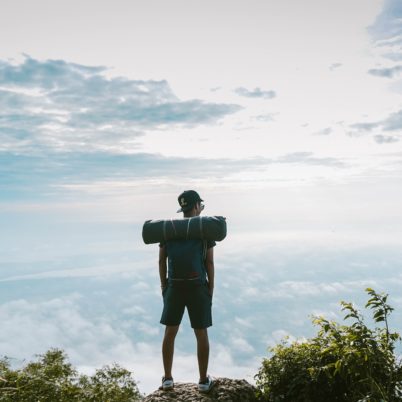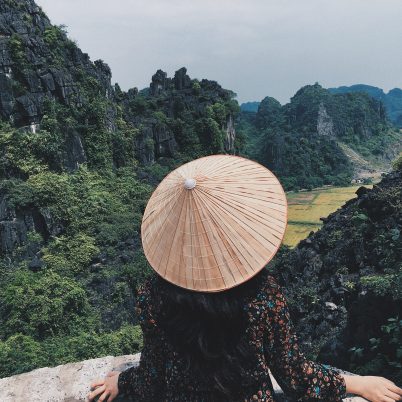Safety in Vietnam
Though a country that can often come across as chaotic and overwhelming, safety in Vietnam is not something you need to worry about. Overall crime rates are low as the police are strict and authoritative, and the occasional petty crime can be easily avoided as long as you are attentive enough.
With the right amount of planning and preparation, your travels and stays in Vietnam can be enjoyable and hassle-free, even as a solo female traveller. Our 10 tips for Safety in Vietnam when travelling will give you an idea of what to expect. Click on Plan Your Trip to get started on your travel plans!
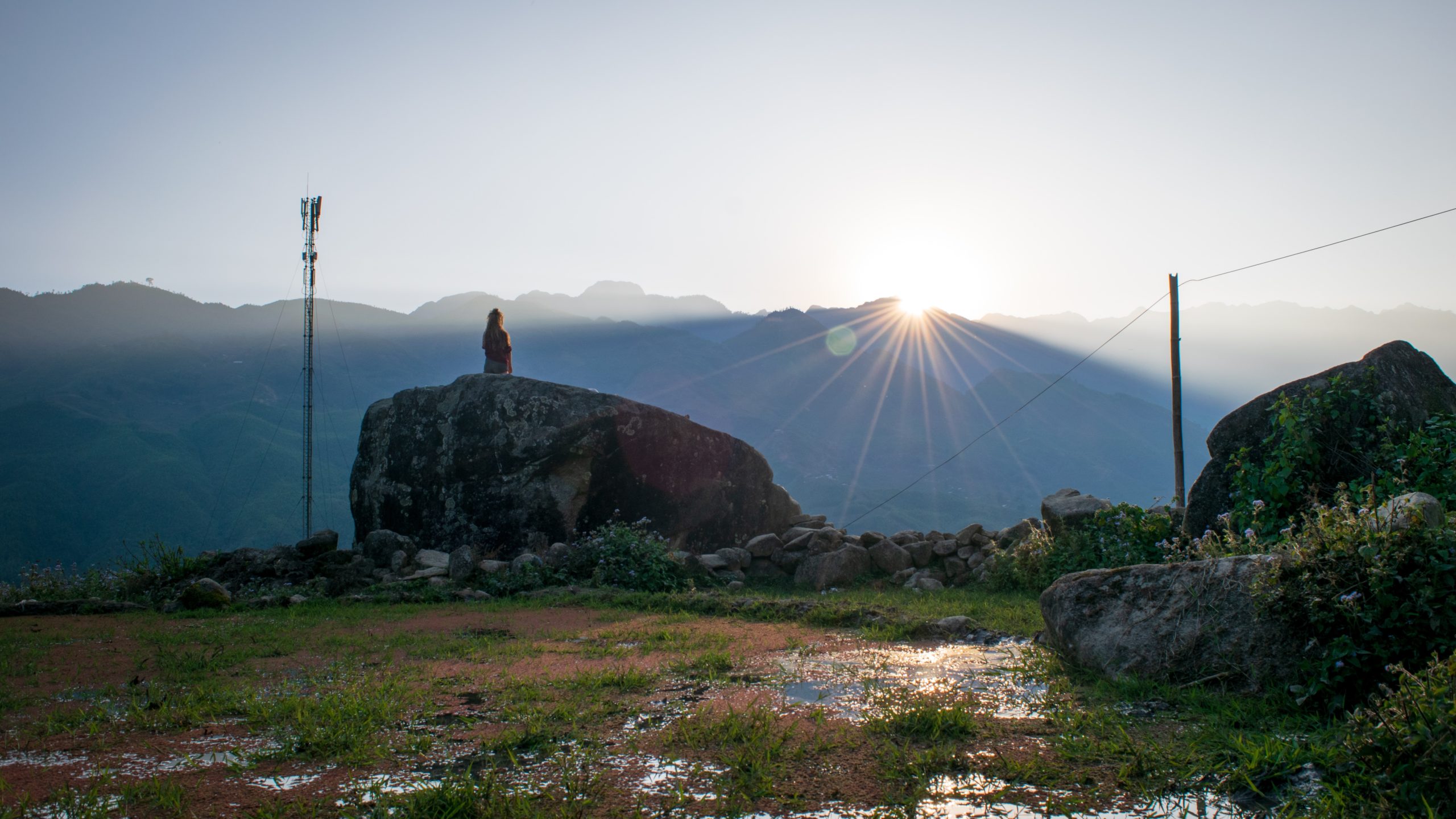 Vietnam is a safe country to travel in. Just keep in mind some basic travel tips and you are good to go.
Vietnam is a safe country to travel in. Just keep in mind some basic travel tips and you are good to go.
1. Motorbike thieves
Vietnam’s streets are always swarming with motorbikes, and tourists can be easy targets if you let your guard down. Be wary of pickpockets and moped-borne snatchers while on the streets, especially in the huge metropole of Ho Chi Minh City.
Ideally avoid wearing expensive sunglasses or jewellery and keep your wallets and phones inside your backpacks, worn safely across both shoulders.
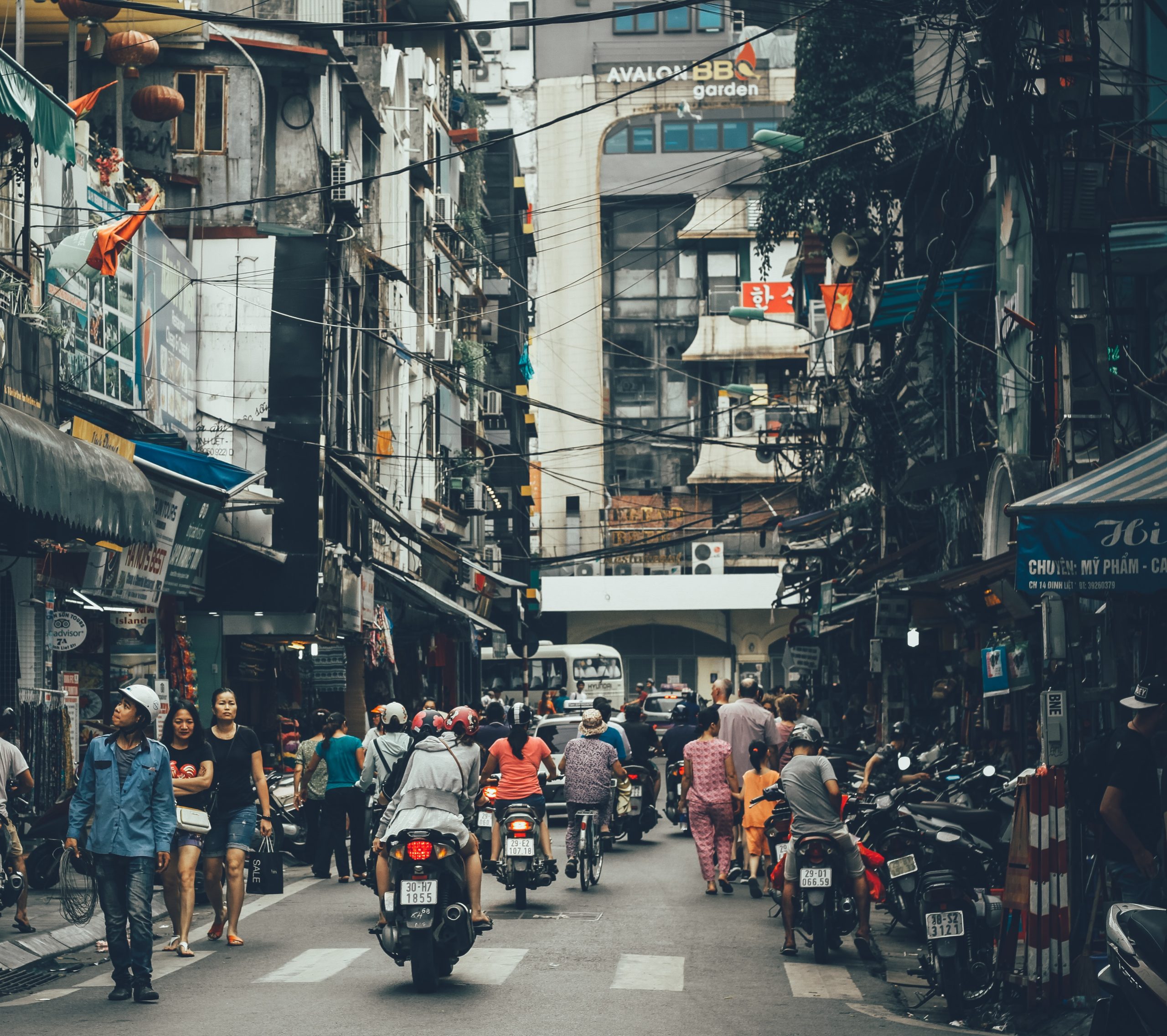 You need to beware of pickpockets while walking through the crowded city streets. Avoid wearing or carrying anything expensive and keep your belongings close.
You need to beware of pickpockets while walking through the crowded city streets. Avoid wearing or carrying anything expensive and keep your belongings close.
2. Safety at hotels
Most often, your hotels will insist on you leaving your passport with them for the duration of your stay. However, rest assured as this is a safe thing to do, and is a requirement of the hotels in certain places in Vietnam. It also minimizes the risk of your passport getting stolen from your room.
Hotel rooms may also have the facility of a safe, which we recommend using, as there have been cases of the hotel staff and even other travellers being involved with thievery.
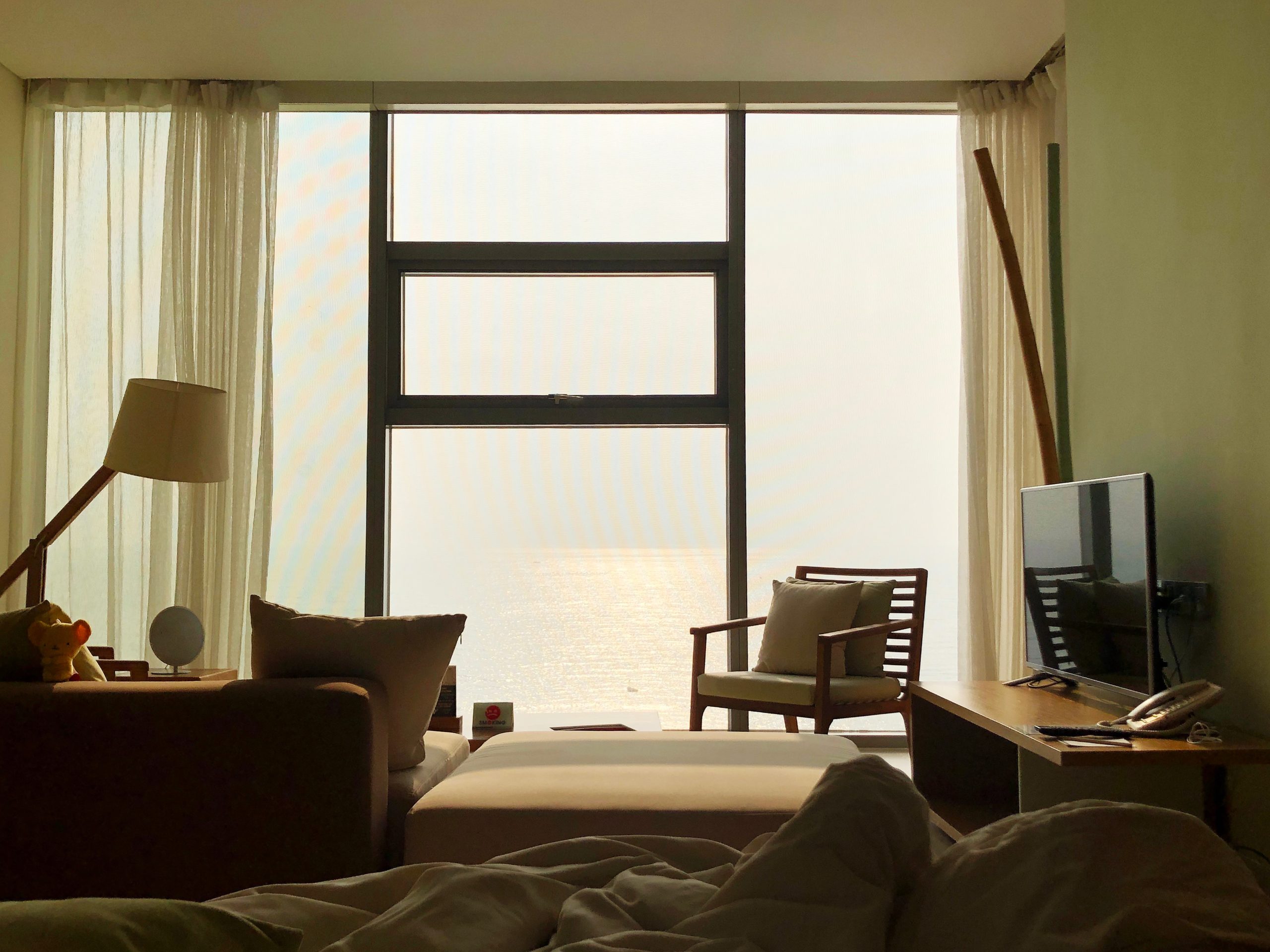 It is safe to leave your passport with the hotels. We recommend using the facility of a safe for your other belongings in order to avoid chances of thievery.
It is safe to leave your passport with the hotels. We recommend using the facility of a safe for your other belongings in order to avoid chances of thievery.
3. Getting around
Vietnam has a well-connected network of transportation, and travellers with any kind of budget will easily be able to make their way across the country. That being said, one must exercise caution with wallets and bags on all modes of transportation except while flying, which is comparatively secure.
When on trains, always make sure to lock your doors. Use only Vinasun and Minh Linh taxis while in cities. This removes the risk of drivers fleecing you over the fare. Safety in Vietnam when travelling will be a breeze if you keep these few tips in mind.
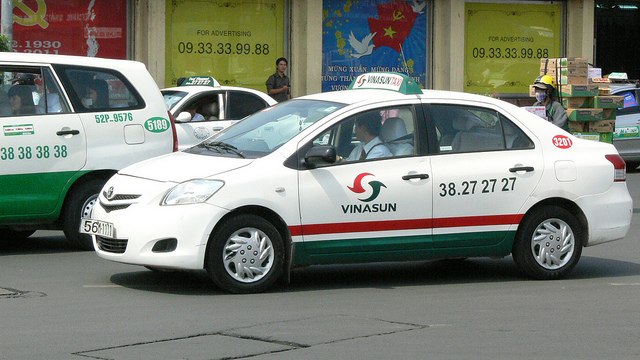 Getting around in Vietnam is quite convenient as taxis are widely available & easy-to-use taxi apps are common.
Getting around in Vietnam is quite convenient as taxis are widely available & easy-to-use taxi apps are common.
4. Snorkeling safety
Some parts of Vietnam are perfect destinations to go snorkeling, but exercise caution in the waters. You may come across jellyfish with powerful stings, or even sea snakes or stingrays. As a result, it is highly advisable to go snorkeling with an instructor or guide.
Additionally, the waters can get rough, with strong currents, so look out for warning flags put up in the water.
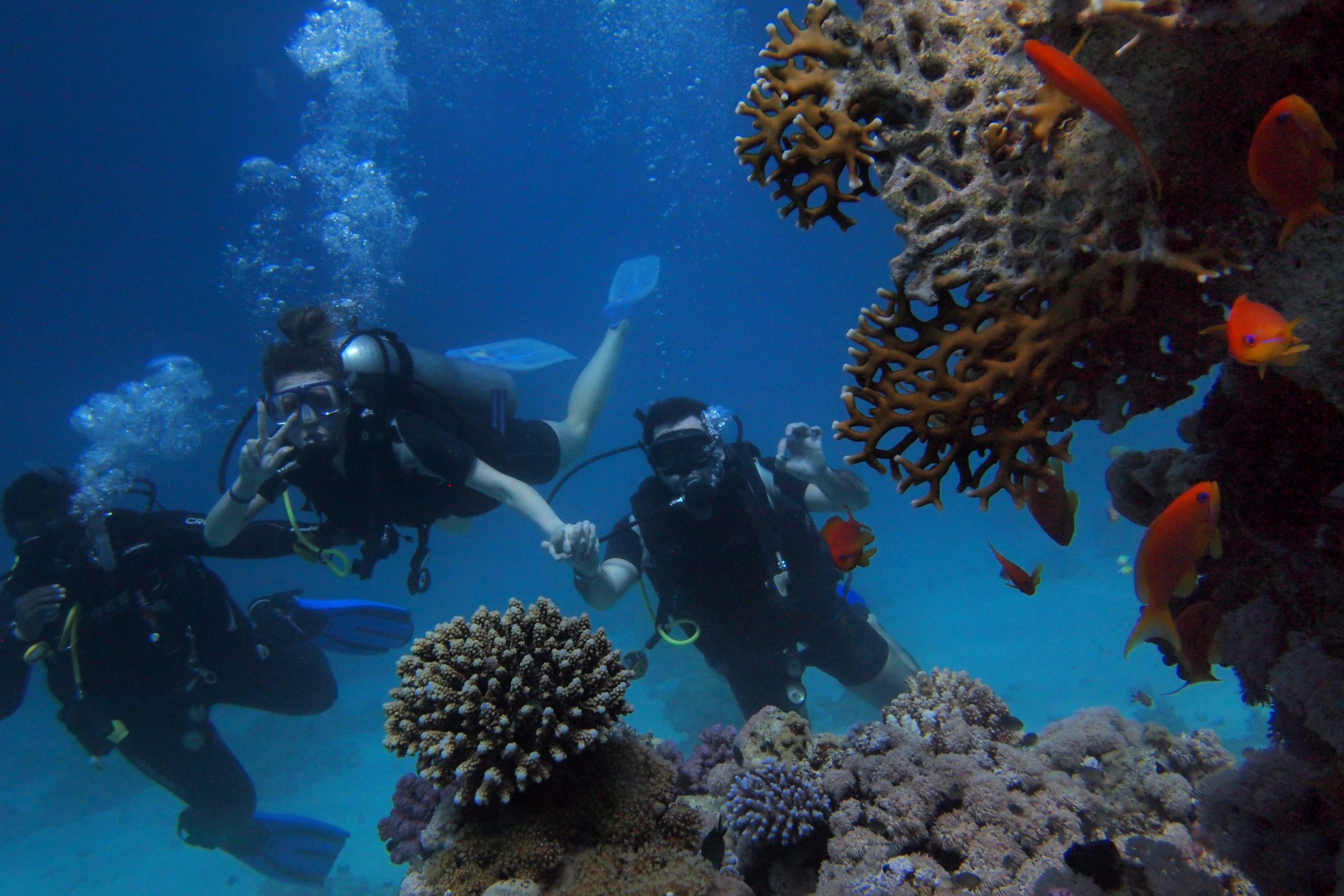 Vietnam has some great spots for snorkeling but make sure you go with an instructor.
Vietnam has some great spots for snorkeling but make sure you go with an instructor.
5. Watch your poison
Vietnam is known more for its laid back atmosphere accompanied with beer than for its nightlife scenes. Always keep an eye on your drinks, especially closer to the evenings and around backpacker haunts. Spiked drinks are an easy way to steal off a careless tourist, but as long as you’re alert you’ll be fine.
Also avoid walking around alone at night, especially in the cities of Nha Trang, Hanoi and Ho Chi Minh City, as there have been instances of people getting mugged. Stick to crowded areas, and go for a stroll with some company to deter would-be trouble.
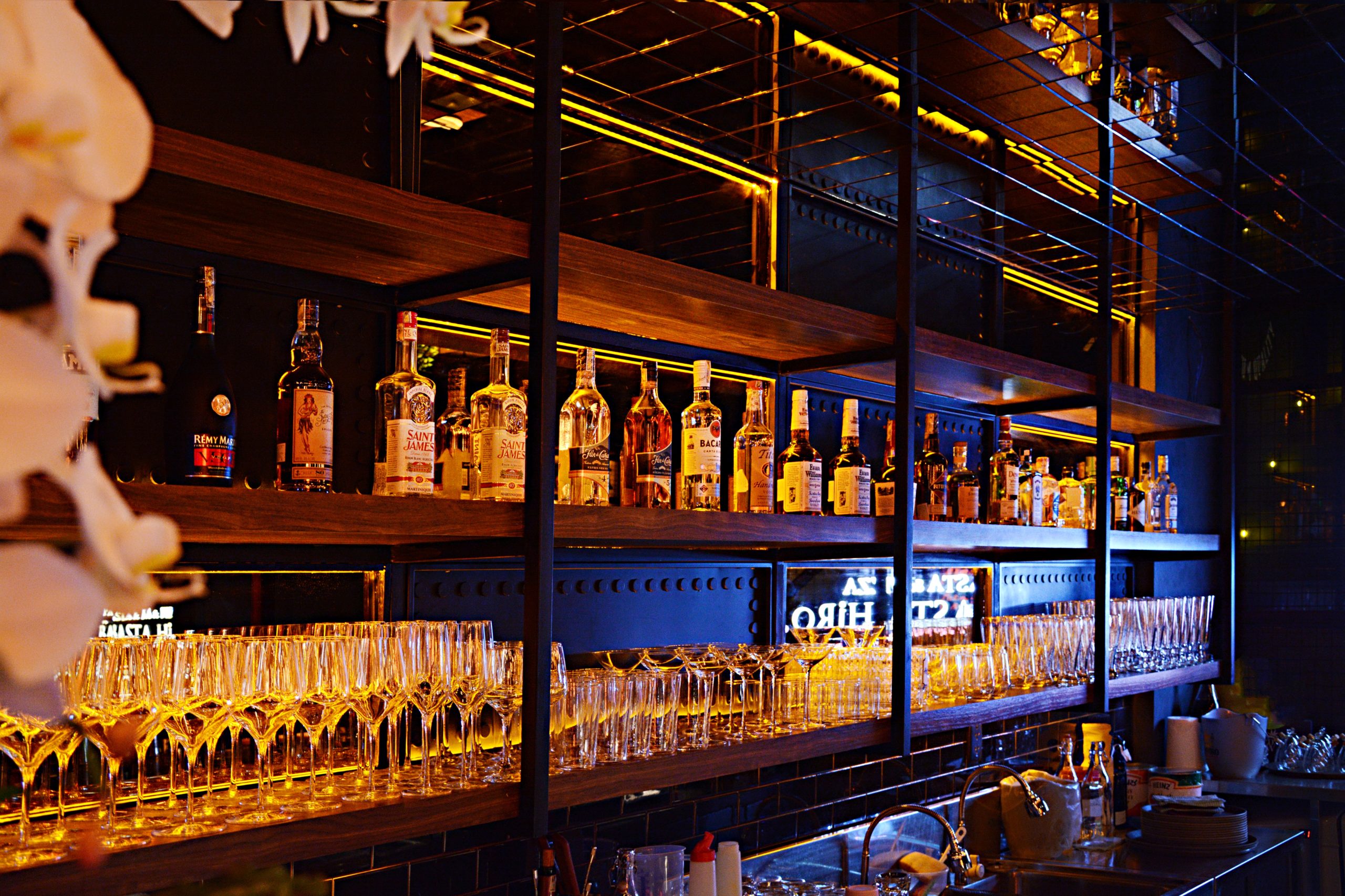 Be alert while ordering your drinks as there to avoid them getting spiked.
Be alert while ordering your drinks as there to avoid them getting spiked.
6. Dorms
Vietnam is a great destination for backpackers. It has several backpacker hostels across the country, with fairly good standards. We would advise carrying a lock for your lockers in the dorms, as many don’t have that facility. Besides, it is always handy to have a lock on hand in case you ever need to secure a bag.
As you’ll be living in a shared space, be careful of your belongings, especially money and valuables; this is not just with respect to safety in Vietnam, but ideally wherever else you travel.
Braving Vietnam as a solo female traveller, you must not worry, it is really safe!
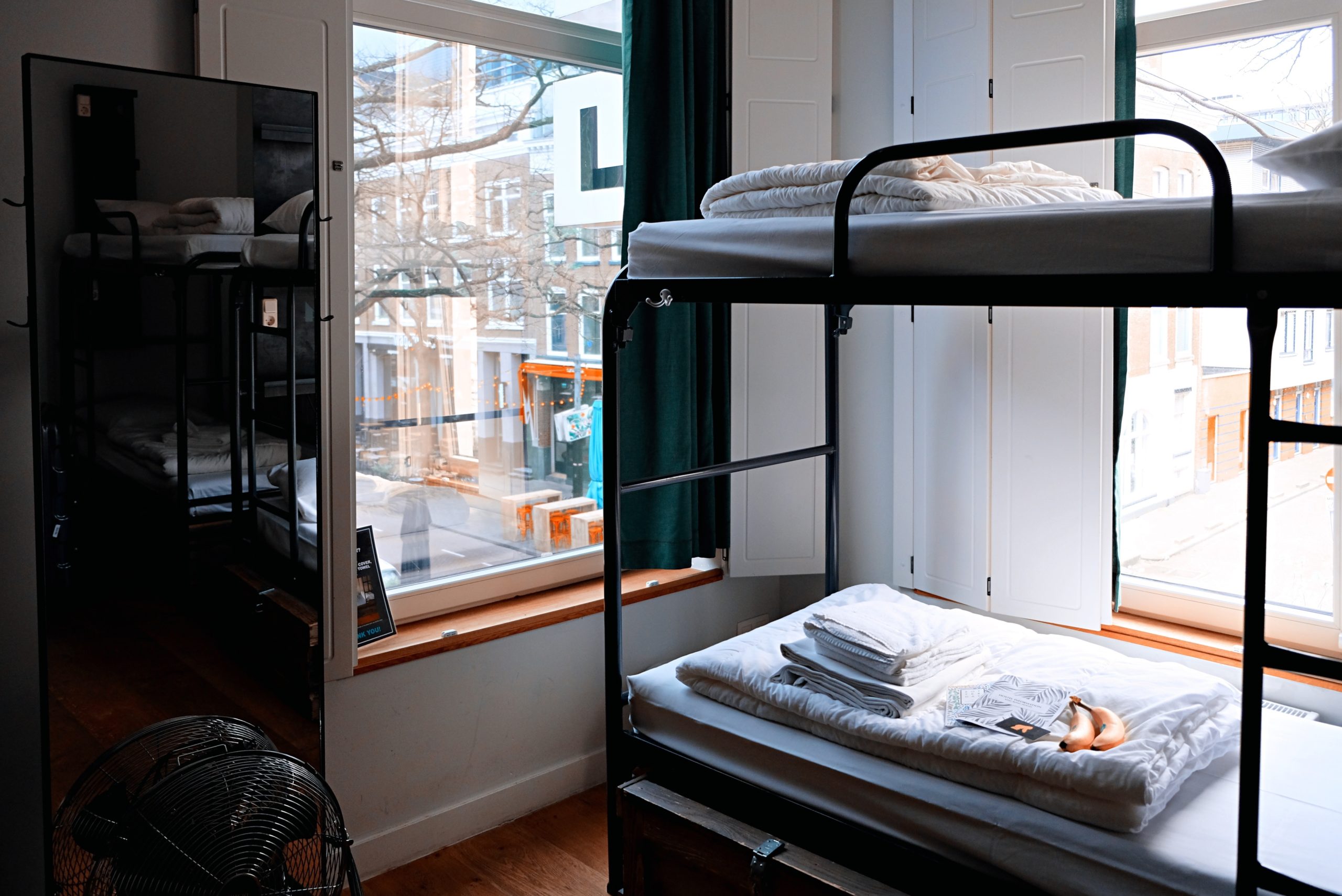 If you are staying at hostels then make sure you carry a lock with you and take care of your belongings.
If you are staying at hostels then make sure you carry a lock with you and take care of your belongings.
7. Motorbike taxis in Hoi An
Taking a motorbike taxi is an option available in most major cities in Vietnam. However, play it safe for Hoi An, which is the most touristy town in Vietnam. There are several minor scams at play, and you’re much better off sticking to regular taxis, hiring bicycles, or walking around. In other cities it’s safe to opt for the motorbike taxis, but we definitely recommend avoiding them in Hoi An.
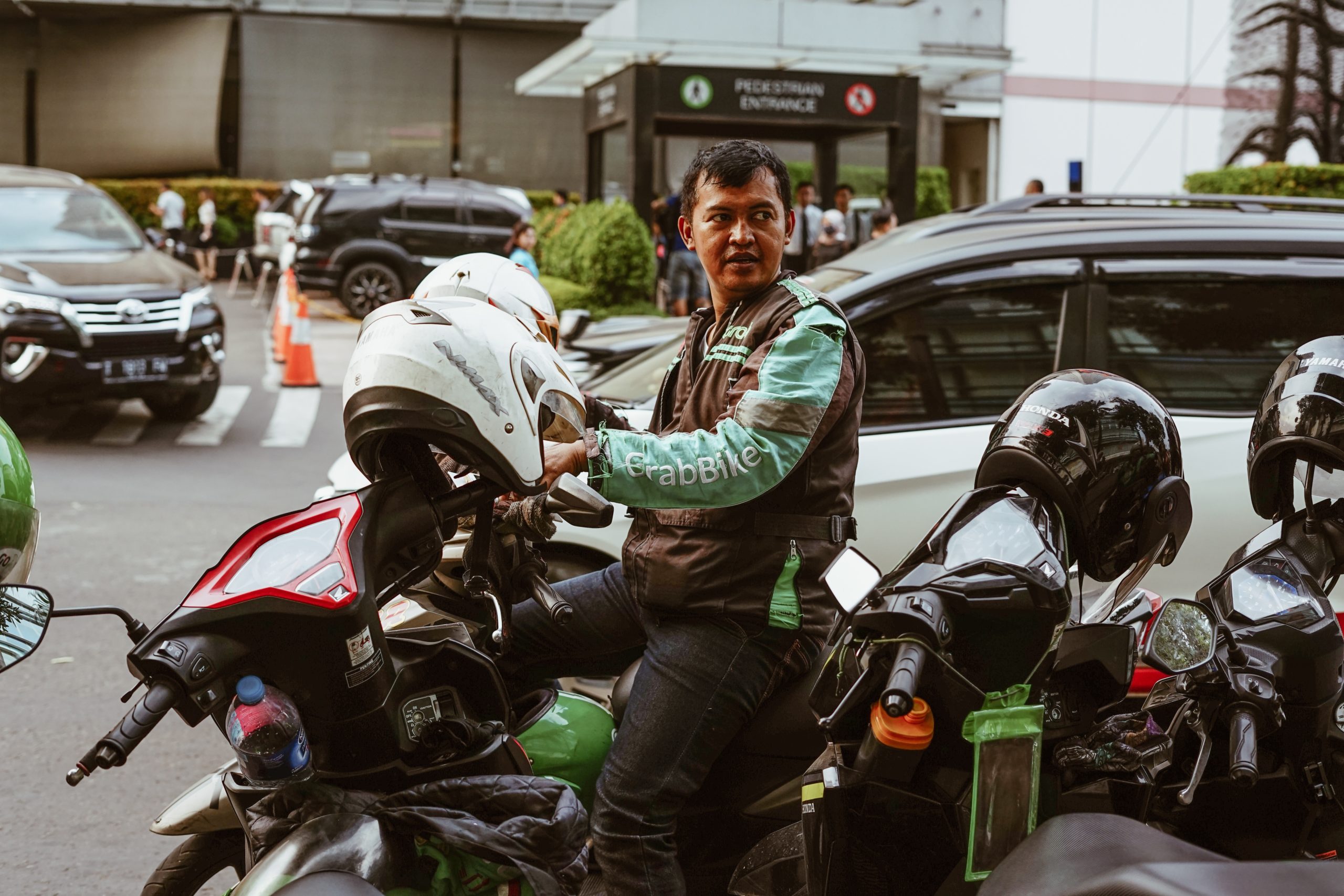 Opting for motorbike taxis is possible in most major cities but we recommend avoiding this option in Hoi An as there are high chances of scams.
Opting for motorbike taxis is possible in most major cities but we recommend avoiding this option in Hoi An as there are high chances of scams.
8. No-Go for renting a bike
You may get tempted to overlook this tip on safety in Vietnam. Renting a motorbike and driving around to try your hand in the traffic may seem fun, but we’d recommend against it. Instead, we recommend riding pillion. You’ll have to deal with a number of issues, ranging from the language barrier in the event of things going wrong, to the bribes you may have to pay to be let go. Additionally, some renting companies will insist you added a dent or scratch; often, these are pre-existing marks that customers may not notice and you will be expected to pay a fine for an error that was never yours. Mechanics aren’t familiar with English, and the traffic is much harder to navigate than it seems.
Keep in mind the Vietnamese are seasoned drivers, and you will be able to enjoy Vietnam riding pillion, without the responsibility of having to drive. If you do still want to give it a shot, hire a guide who will come along with you; there’s nothing like the assurance a local can bring. There are also group tours you can take where you drive alongside a group of people, which are especially popular on the Ha Giang loop in North Vietnam.
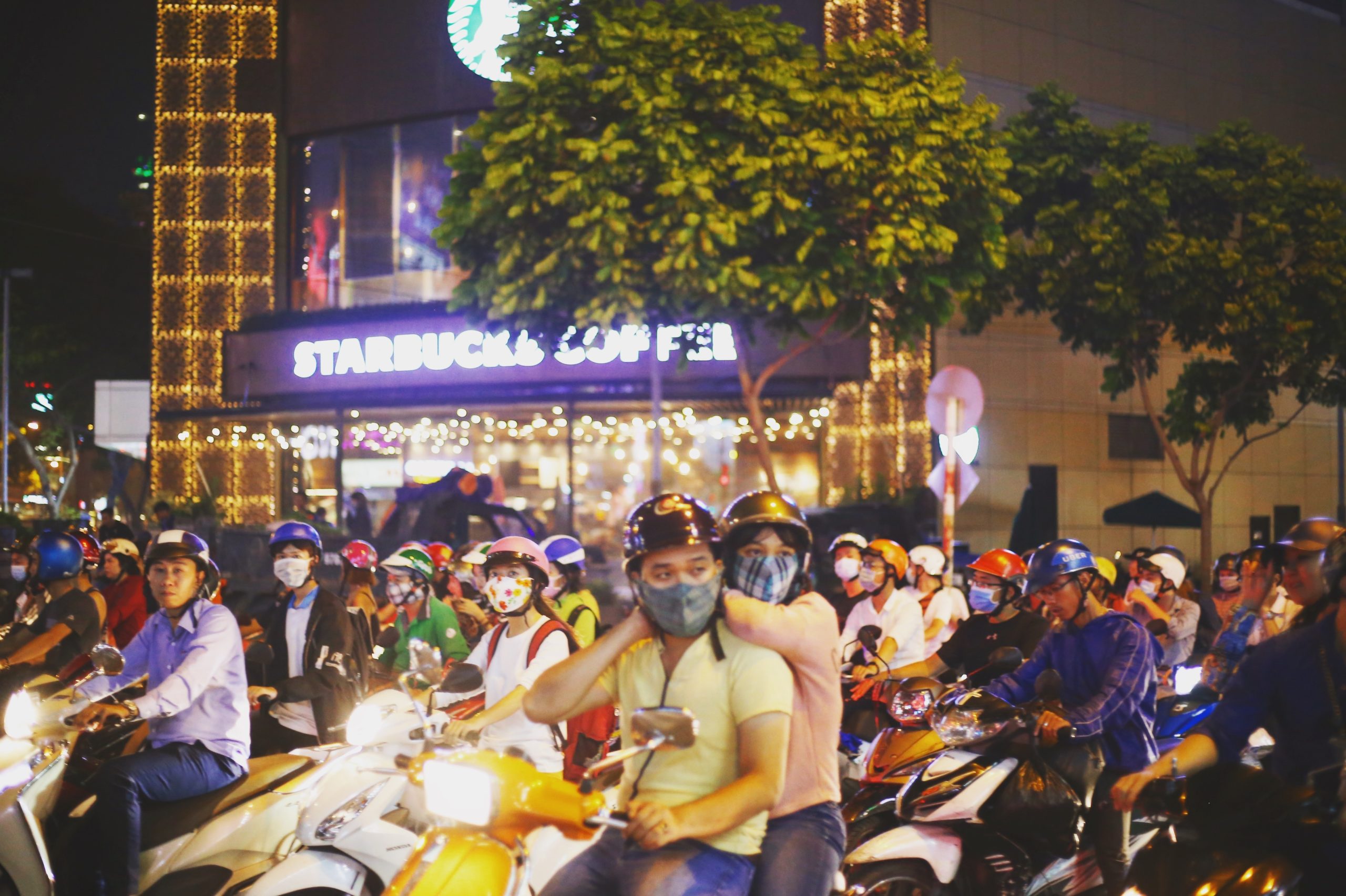 We do not recommend renting a motorbike and driving around the country yourself because of its crazy traffic. Instead, enjoy riding pillion.
We do not recommend renting a motorbike and driving around the country yourself because of its crazy traffic. Instead, enjoy riding pillion.
9. Treks
No matter how seasoned a trekker you may be, it is never wise to trek a new terrain alone. Additionally, Vietnam’s hills are also home to poisonous snakes, aggressive dogs, and deceptively slippery trails. This is when you must do your part and be responsible for your own safety in Vietnam. There are several local guides available who’ll be very happy to lead you around and the service they provide is quite affordable.
There are also bigger dangers that pose threats; several undetonated and possibly live explosives lie buried under the ground in certain parts of Vietnam, Cambodia and Laos. Getting off the trail can prove to be fatal in this case, especially in central Vietnam, that has the most unexploded ordnances.
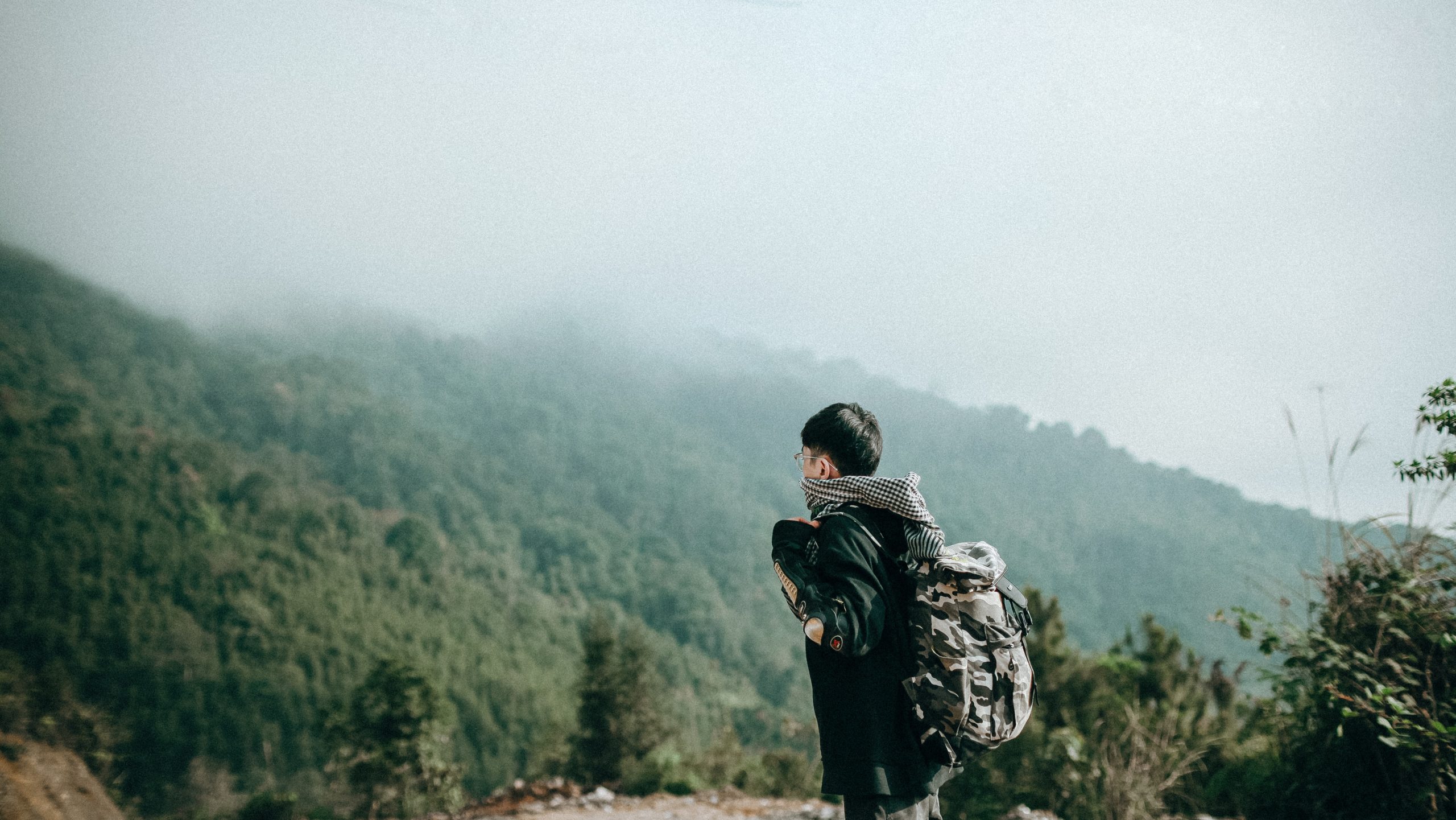 Hire a local guide to lead you on treks as there are certain risks involved while walking alone.
Hire a local guide to lead you on treks as there are certain risks involved while walking alone.
10. Crossing Streets
Crossing streets and navigating the swarms of motorbikes will seem daunting at first. We recommend walking next to or behind a local. Calm your nerves, and walk slow but steady. Don’t run, and don’t walk backwards or hesitate. Traffic may seem chaotic, but it is generally slow moving and motorbikes will make way for you as you cross.
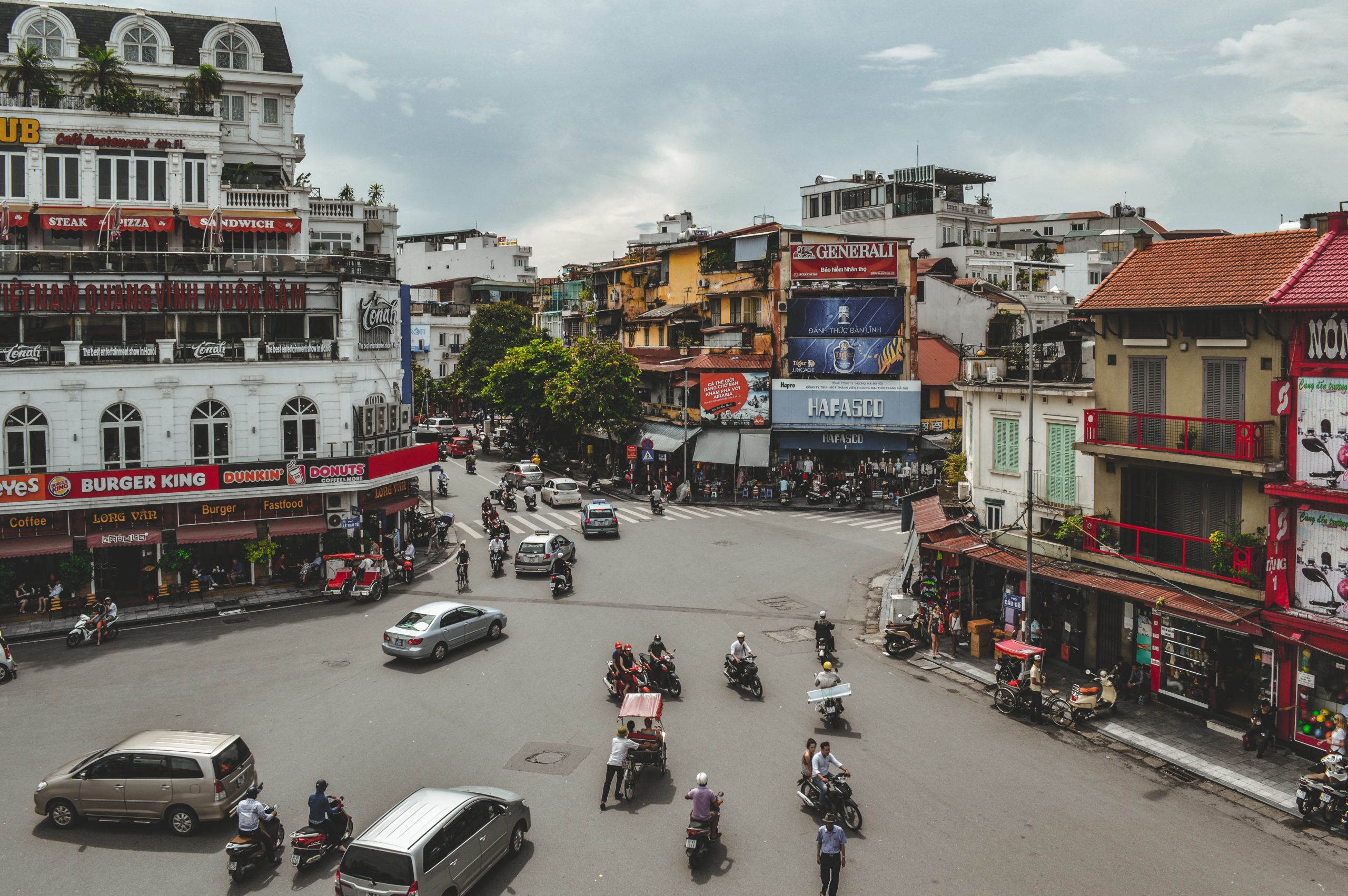 Crossing the streets of Vietnam may look intimidating but the traffic is usually slow moving and you can always cross with/behind a local to get through.
Crossing the streets of Vietnam may look intimidating but the traffic is usually slow moving and you can always cross with/behind a local to get through.
As good as it is to research and be prepared, reading too many negative reviews online will make you paranoid about the smallest issues, and you’ll miss out on the beauty and adventure Vietnam has to offer. Our 10 tips for safety in Vietnam are sure to have you covered. For any other planning assistance, click on ‘Plan Your Trip’, and have a hassle-free holiday in Vietnam.
helping you travel your way
We provide a helping hand to independent travellers who need assistance with planning and booking their trip. The primary goal is to turn your dream holiday into reality.

